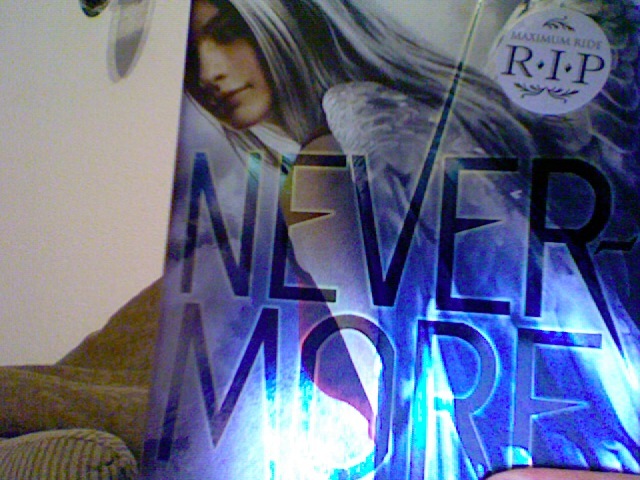SYLO by D.J. MacHale kept me guessing the whole time as to who the villains were and what motivated them. That’s saying a lot, because I’ve seen many stories about a crazy government taking over. That’s the big trend right now, right? But SYLO covers new ground as we wonder if there’s another, bigger threat that the super controlling government agency is protecting the populous from.
It does have the stereotypical underdog male protagonist, his goofy friend, and the tech-savvy girl/potential girlfriend. So the characterization is a little routine, but it’s the plot that will keep you reading. A small island off of the East Coast of the United States has been quarantined and high school student Tucker Pierce intends to find out why. A mysterious disease is reported, a shipment of superpower-enabling crystals washes up on shore, and high tech aircraft haunt the night skies. It’s got all the makings of a Men in Black story, but, like I said, it’ll keep you guessing.
It’s the first part of the series and I appreciate that MacHale wrote an introduction explaining that this is not Pendragon. In the current market, where there is so much series loyalty and students get upset when an author writes in a different style, it was probably a wise move on MacHale’s part. It’s still science fiction, but it has a little bit more of an edge than the first Pendragon books. It’s worth getting a copy for your library to test the waters of its popularity. It’s a well-known author but not necessarily a well-known series since it’s new, so it may take a bit before you need multiple copies unless you booktalk it.



